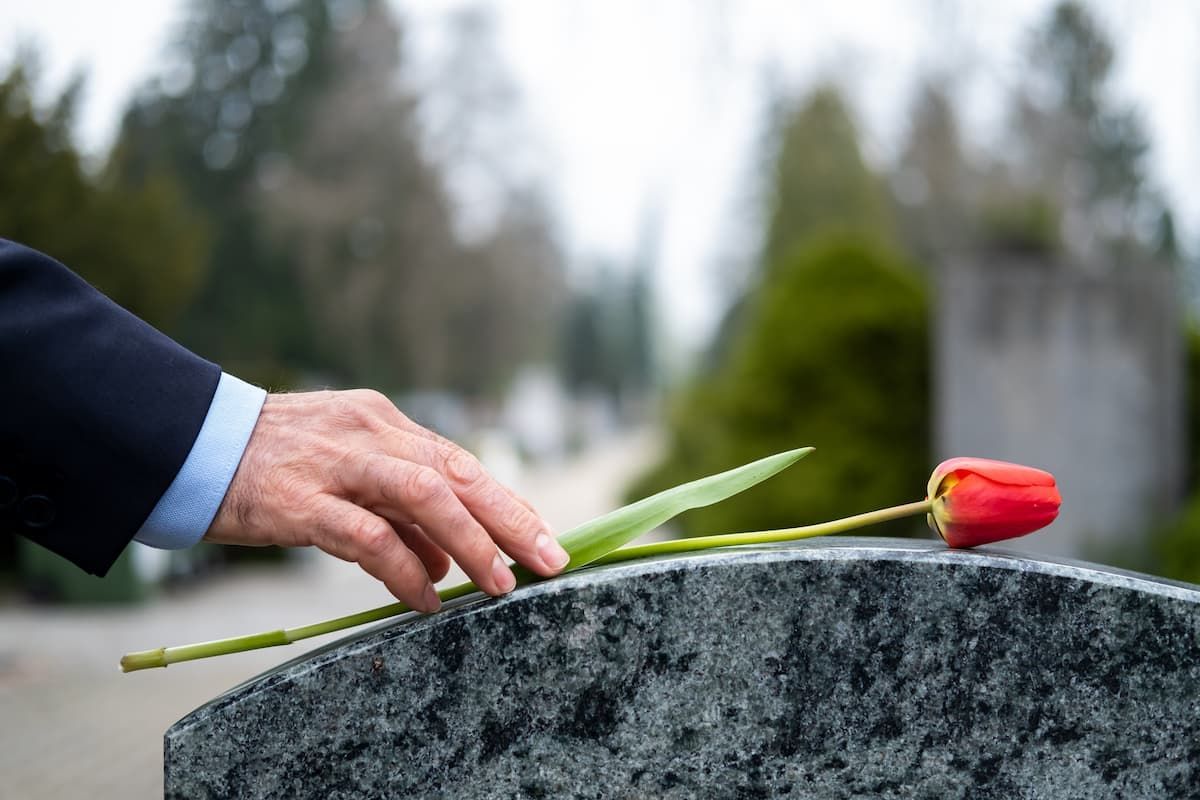Menu
Now Hiring: Family Service Associate
Nature's Symphony
Job Description
Position Name: Family Service Associate
Title of Immediate Supervisor: Sales Manager
Job Summary
The position will assist families in the pre-planning and funding of funerals through the purchase of a life insurance policy or utilizing other funding methods available through the company. They may also assist families in purchasing memorial property and merchandise. All of this is done before the need arises. This individual is responsible for providing prompt, courteous and knowledgeable service to our client families.
Essential Job Duties and Responsibilities
1. Demonstrate Core Values of Excellence, Trust, Care and Growth in performing all aspects of position.
2. Maintain a positive work environment by behaving and communicating in a manner so that you get along with families, co-workers and management.
3. Remain up-to-date on Paycom reading as assigned.
4. Responsible for the sales and services either in a client family’s home, or in the funeral home or cemetery office.
5. Responsible for developing and following up on leads, either self-generated or received from other reliable, company-approved sources.
6. Organize and conduct public seminars in concert with delivery of aftercare services. Also, convert generated leads from these programs to preneed sales.
7. Assist in the development of after-care and seminar resources for funeral home and community.
8. Must meet minimum monthly sales targets.
9. While the main emphasis of this position is the selling of pre-need products and services, you must be available during specified office hours to handle walk-in and immediate need clients.
10. Must remain well informed and educated on the benefits of pre-arrangement and possess the ability to pass this information on to client families.
11. Must be able to utilize tools given to generate sales, procure leads to increase sales, and close a sale.
12. Must develop positive relationships with all funeral home and cemetery managers and associates.
13. Must develop positive relationships with local churches, nursing homes, hospitals and hospice providers.
14. Must possess the necessary licensure or other certification to meet local or state legal requirements and must be licensed with the insurance company used by our company to underwrite our policies.
15. Must possess knowledge of the funeral rites, ceremonies and customs associated with various religions, always confirming the information with the clergy at the time the service is pre-arranged.
16. Must be very knowledgeable of general price lists, casket price lists and merchandise price lists for funeral homes and cemeteries and be able to answer all questions concerning prices and merchandise within the requirements of the Federal Trade Commission (FTC) rules.
17. Light housekeeping to keep the facilities and grounds in perfect order. This includes keeping work areas tidy, picking up litter off the grounds and general straightening up.
The above duties are neither intended to be an all-inclusive list of duties and responsibilities for this position, nor are they intended to be a listing of prerequisite skills and abilities. The purpose is to describe the general nature of the position.
Educational, Licensure and Skill Requirements
• High school diploma or equivalency, prefer associates degree in related field.
• Minimum of one year of similar or related experience.
• Basic office skills including computer skills and knowledge
• Good people skills with ability to relate to a wide range of people
• Attention to detail with effective written and verbal communication skills
• Ability to manage time effectively in order to organize and prioritize work load.
• Ability to work under time constraints and conform with established schedules and deadlines.
• Must be a licensed insurance agent or have the ability to acquire license by the state as well as licensed agent for the insurance company used by the company.
• Licensed Funeral Director in states that require such.
• Possess a valid Drivers’ License and meet the driving performance standards as determined by management. MVR’s may be reviewed annually for compliance.
Essential Physical Responsibilities
• Ability to travel by standard methods of transportation.
• Must be able to bend, stoop and lift laptop computers, projectors, displays and printed materials.
• Must be free from judgment-impairing conditions, disease or addictions, or those, which impair ability to interact with employees, management or the public.




Subscribe to our newsletter
Subscribe to our newsletter
Warren J. “Ren” Newcomer, Jr. is a licensed funeral director in the states of Kansas and Ohio. Theresa Newcomer is not a licensed funeral director. Scott O'Marah, Managing Funeral Director.





